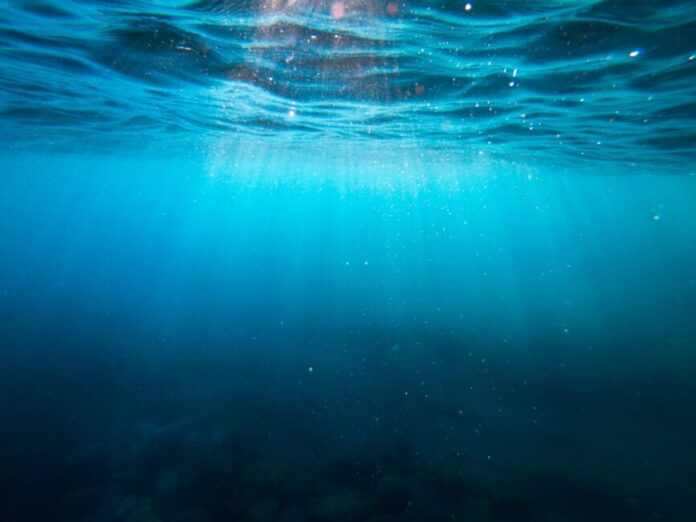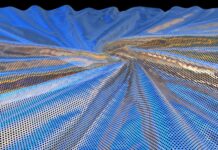In the dark, unknown world of the ocean’s bottom, underwater fissures, known as hydrothermal vents, are host to complex lifeforms. These vents emit extremely hot fluids into very cold seawater, and this creates the chemical forces required for the small organisms that live in this extreme environment.
Bio-geoscientists Everett Shock and Jeffrey Dick have in a newly published study shown that exact hydrothermal seafloor environments offer a unique habitat where specific organisms are able to thrive. This has opened up new prospects for life at the bottom of Earth’s oceans, as well as across our solar system. The Journal of Geophysical Research: Biogeosciences has published the results.
On land, organisms get energy from the food they eat via a process known as cellular respiration. This involves the release of carbon dioxide and an intake of oxygen. Speaking biologically, the molecules in land organisms’ food are not stable when oxygen is present, and this is used by our cells to reproduce and grow in a process known as biosynthesis.
The conditions for life for organisms living on the seabed are however dramatically different.
“On land, in the oxygen-rich atmosphere of Earth, it is familiar to many people that making the molecules of life requires energy,” said
Co-author Shock of Arizona State University’s School of Molecular Sciences and School of Earth and Space Exploration said in an amazing contrast, extremely cold seawater mixes with hot fluids to produce conditions where the creation of the molecules of life releases energy around hydrothermal vents on the seabed.
Organisms thrive near vents where ambient seawater mixes with hydrothermal fluid in deep-sea microbial ecosystems. Shock led previous research which found that basic cellular building blocks’ biosynthesis, such as sugars and amino acids, is very favorable in locations where the vents comprise ultramafic rocks as these produce the most hydrogen.
Apart from basic building blocks such as sugars and amino acids, cells have to create bigger molecules, or polymers, also called biomacromolecules. The most abundant of these molecules are proteins in cells, and the polymerization reaction needs energy in just about all possible environments.
Lead author Dick said that where there was life, there was water, but water had to be driven out of a system for polymerization to become possible. When this research started, Dick was a postdoctoral scholar at ASU and is now a geochemistry researcher in the School of Geosciences and Info-Physics at Central South University. He added there were two opposing energy flows: energy needed for polymerization and the release of energy by basic building blocks’ biosynthesis.
What Shock and Dick wanted to find out is what happens when you add these: Would you get proteins whose synthesis was favorable in the mixing zone?
They approached the problem using a unique combination of data and theory.
For the data, they used the entire protein sequences in the full genome of a vent organism known as Methanocaldococcus jannaschii which has been studied extensively. For the theoretical side, they used a thermodynamic model for proteins, known as “group additivity.” This model accounts for the polymerization energies as well as the specific amino acids in protein sequences.
By doing calculations, they could demonstrate that the overall synthesis of nearly all the proteins in the genome released energy in an ultramafic-hosted vent’s mixing zone at temperatures where the organism grows the fastest, i.e. at about 85 degrees Celsius (185 degrees Fahrenheit). The synthesis of proteins is however not favorable in basalt-hosted vent systems that produce less hydrogen.
Dick said the findings provided a new perspective on both biochemistry and ecology as it indicates that specific groups of organisms are inherently more favored in certain hydrothermal environments.
Microbial ecology studies have shown that methanogens are less abundant in basalt-hosted systems than in ultramafic-hosted vent systems. Consistent with that is the favorable energetics of protein synthesis in ultramafic-hosted systems.
Shock and Dick are now looking at a way to use those energetic calculations across other branches of the tree of life, and they hope it would provide a stronger link between genome evolution and geochemistry.























